Reframing Imposter Syndrome
For ten years, I’ve been helping solo pro’s build their businesses and I’ve observed all the different ways we reliably waste our time. Self sabotage is a uniquely frustrating aspect of the human condition, and I suspect you might exhibit a little of it yourself through one or more of these (over-dramatically named) Four Horsemen of the Productivity Apocalypse; the big productivity killers for solo pro’s:
💻 Technocrastination (we’re at War with our tech)
💸 Salesphobia (we go from feast to Famine in sales)
✨ Perfectionism (our unrealistic standards lead to a creative Pestilence)
🥸 Imposter Syndrome (our lack of self belief is the Death of our business)
The last and most paralysing of the four horsemen of the productivity apocalypse for solo pro’s is imposter syndrome.
In the decade I’ve been actively training, coaching and mentoring solopreneurs, imposter syndrome has consistently ranked as the most limiting and destructive form of self-sabotage.
I think it’s entirely plausible that no psychological effect has stolen more value from the world than imposter syndrome.
The Dunning-Kruger effect is often mentioned when discussing the over-confidence of people who don’t know much about a topic. Just as important—but much less often discussed—is the under-confidence of people who know a great deal.
It is the very fact that you’re an expert that makes you the harshest critic of your work. The breadth, depth and quality of your insight makes you keenly aware of all that you don’t yet know.
It’s not just Dunning-Kruger that contributes to imposter syndrome, however. There’s another effect at play here which Peter Sheahan, author of Flip, describes as “the irony of your expertise”.
Just as every plumber has leaky taps and every mechanic a smoky exhaust, it’s highly probable that, whatever your expertise is, you have some deep-seated personal issues with the very topic you purport to be an expert in.
I’ve long believed, for example, that almost every psychologist initially enters the field mostly because they want to understand why they’re so effed up!
I’ve heard academics say “at its heart, almost all research is actually me-search”.
Our expertise is actually borne out of the fact that we’re not naturally good at the thing we eventually become an expert in.
Believe me, I speak from experience.
I’m not naturally skilled at sales or marketing. I’m not naturally good with money. My natural tendency is to be one of the least productive lumps of meat that has ever existed on earth!
And yet my role in life is now to teach individuals how to be productive, take command of their sales and marketing, and become masterful around money.
Ironic, right? And I’ll bet you’re the same.
You’re a leadership expert because you suck at leading.
You teach metta meditation because you lack empathy.
You design websites for others because you can’t work out what should go on yours.
However your expertise applies in your own life, you’re forced to admit that often you’re a bit substandard. And worse, because your knowledge of what’s possible is in such high-definition, you become brutally aware of the gap. So comes embarrassment, insecurity, and shame, and imposter syndrome thus rears its ugly head.
Here’s the thing, though. The only people who never suffer from imposter syndrome are, ironically, imposters. They lack the self-awareness to see their own flaws, and the further potential for growth they have.
In the same way that amateur athletes who talk of themselves as “nervous” before a big game can learn to reinterpret that same set of physiological conditions as “excited”, those of us who suffer from “imposter syndrome” can learn to reframe that perspective and instead celebrate the presence of “self awareness”.
Imposter syndrome is a signpost indicating the presence of self awareness. Knowing the extent of one’s limitations is an indication that you’re near the pointy, knowledgable end of the Dunning-Kruger curve. As investor and all-round smarty-pants Graham Duncan says “Your genius is right next to your dysfunction”.
Quietly celebrate your imposter syndrome, because it marks you as a true expert. Just don’t indulge it, because that can prevent you from reaching your true potential, and rob the world of the impact we deserve to receive from you.


